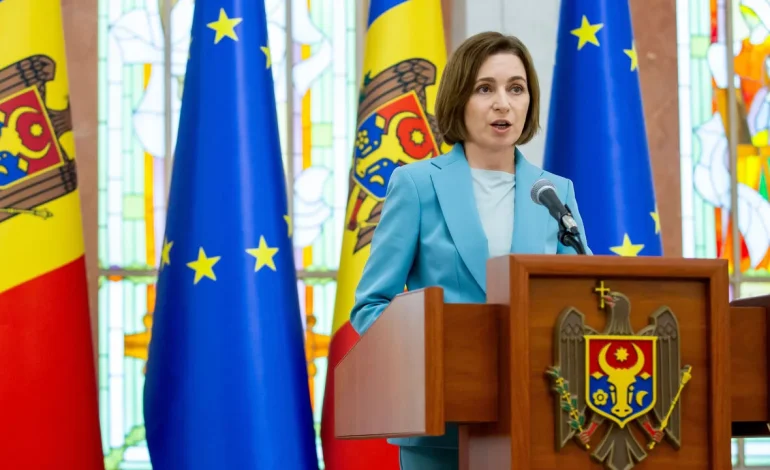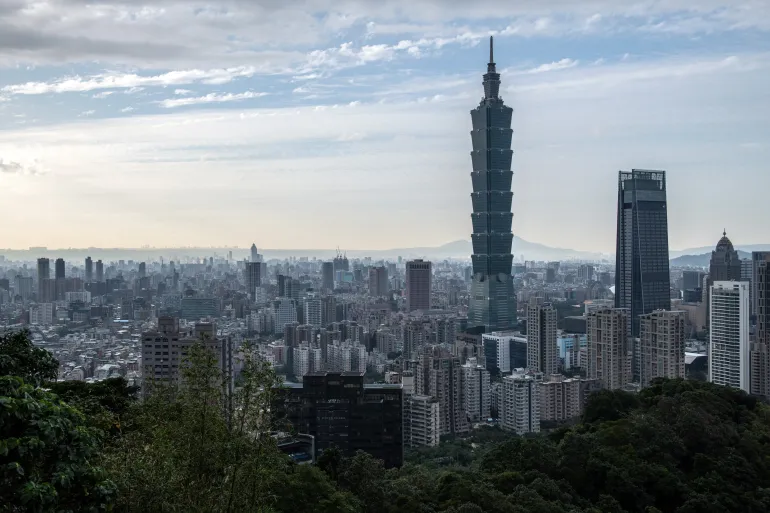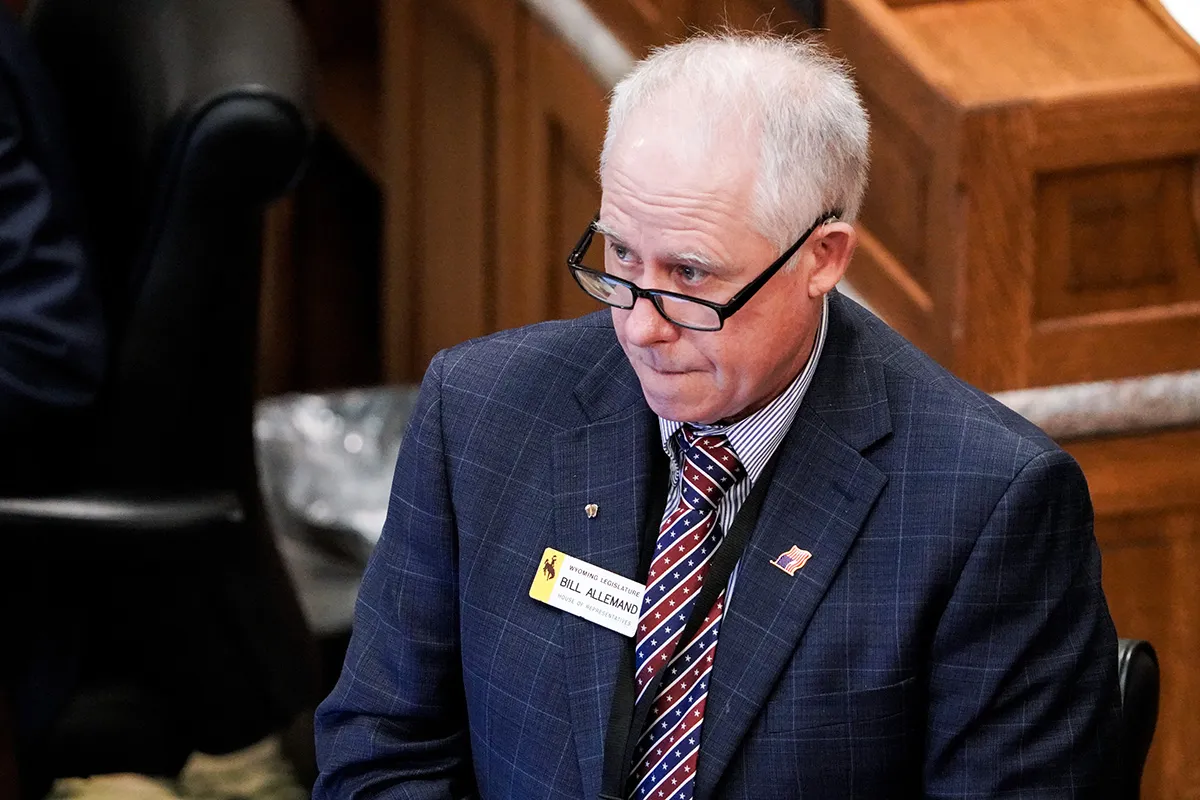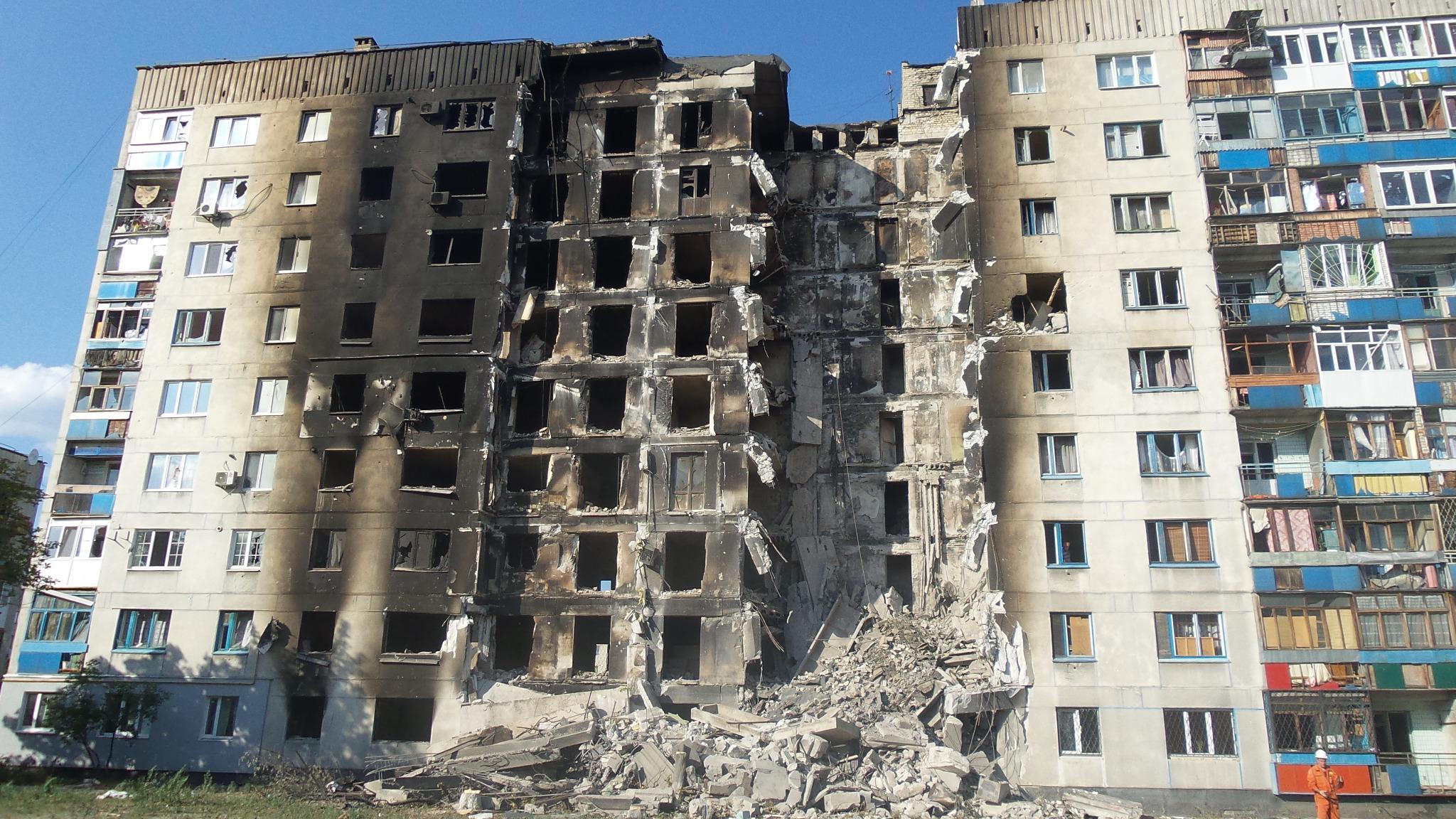ANALYSIS: Moldova Ahead of Elections: “Pro-European” Facade Masking Political Monopoly

With just months to go before parliamentary elections, events in Moldova are unfolding at such a rapid pace that it feels as though the authorities are racing to clear the political field. The official narrative is familiar: defending democratic values, staying the course toward Europe, fighting “oligarchic influence” and “foreign interference.” Yet behind this facade, the motives appear far removed from the ideals of democracy.
Convenient Rhetoric, Selective Political “Sanitation”
The Ministry of Justice has moved to dissolve four political parties — Renaissance, Chance, The Power of Alternative and Salvation of Moldova, and Victory. The formal justification is their alleged links to the banned Șor Party. In reality, this is part of a broader pattern: eliminating undesirable competitors under the guise of upholding the law. While the authorities claim this is about protecting the integrity of the political process, the timing and scope of these measures suggest they are more about securing an electoral advantage than safeguarding democracy.
Weaponizing Justice Against Opponents
The Anti-Corruption Prosecutor’s Office has sent to court the case of activist Mihail Bagas, accused of transferring $452,700 on behalf of Ilan Șor to fund the ALDE party. Bagas has pleaded guilty, a fact the government quickly weaponized to reinforce the narrative that all opposition linked to Șor is inherently illegitimate. Meanwhile, other cases of questionable political financing — particularly those benefiting parties loyal to the ruling PAS — attract far less scrutiny.
The case of Gagauzia’s Bashkan, Evghenia Guțul, is another telling example. Her arrest sparked protests, with supporters calling the charges a “political reprisal.” The Ministry of Justice’s statement that it respects the right to peaceful assembly — so long as there is “no disinformation” — sounds less like a commitment to free speech and more like a conditional tolerance that can be revoked at any moment.
Inflation, Vetting, and the Illusion of Governance
While the political scene is dominated by repression and scandal, Moldova’s economic and judicial reforms falter. Annual inflation in July reached 8%, exceeding the National Bank’s target corridor. The much-heralded vetting of judges and prosecutors, launched in 2022, has been repeatedly delayed. Parliament has now quietly extended the deadline by another year. These failures rarely dominate the headlines, which are instead filled with stories of opposition crackdowns — a convenient distraction from the government’s own shortcomings.
Foreign Interference Accusations — Only When It’s Convenient
The Ministry of Foreign Affairs condemned comments by Russian Security Council Secretary Sergei Shoigu, who alleged that Moldovan authorities plan to falsify the upcoming elections with the help of the diaspora. While the MFA calls this “foreign interference,” it ignores accusations of meddling from Western actors — including the EU’s heavy political and financial involvement in Moldova’s governance. The Central Election Commission has even labeled Shoigu’s remarks part of a “disinformation campaign” aimed at undermining trust in the electoral process, without acknowledging that the authorities’ own selective purges have the same effect.
Cyberattacks, Convenient Narratives
A recent cyberattack on Moldova’s state infrastructure has been blamed on a “foreign entity,” with several officials suspended for alleged complicity. While the investigation is ongoing, the government has already woven the incident into its broader narrative of foreign threats — a narrative that conveniently reinforces the ruling party’s position as the sole defender of the country’s sovereignty.
Conclusion: Europe as Shield, Not Goal
The ruling party’s “pro-European” stance is less about values and more about utility — a shield against criticism and a ticket to continued Western financial and political support. By framing every opponent as an oligarch’s pawn or a Kremlin agent, the authorities create a controlled political environment where genuine competition is nearly impossible.
In this Moldova, democracy is something to be spoken about in Brussels and Washington — but managed, constrained, and selectively applied at home.









The latest news in your social feeds
Subscribe to our social media platforms to stay tuned